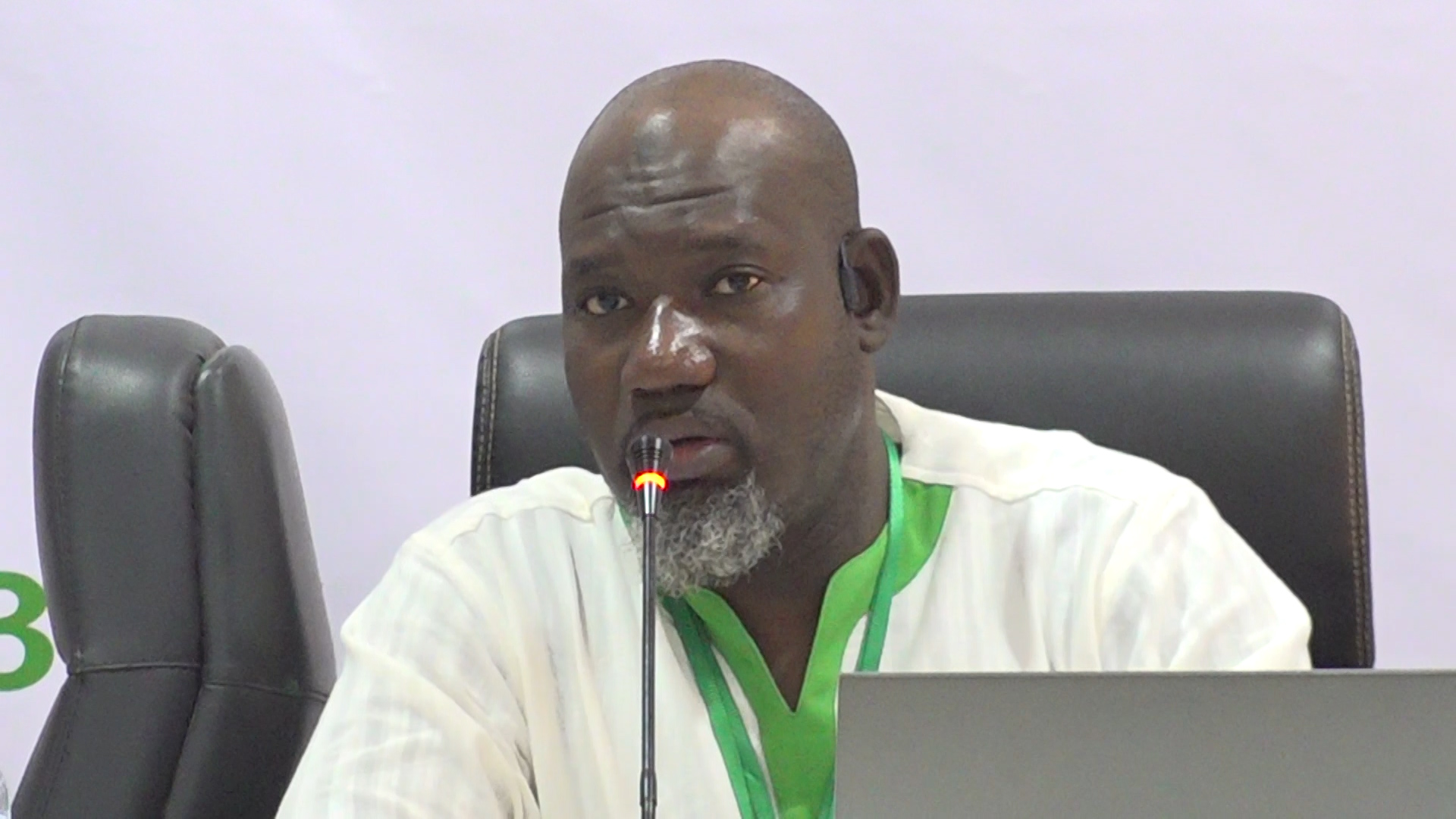AC&R sector: Don’t Forget Africa in Global Cooling Efficiency Push
This is an opinion piece by the President of our organization, Union of Associations of African Actors in Refrigeration and Air-Conditioning (U-3ARC), Madi Sakandé, published in the media outlet Japan Air Conditioning, Heating & Refrigeration News. It is the second part of an editorial focused on a call to action regarding the sector on our continent, Africa. A second part published in full. Read on.
In Part 1 of this report, published in the April regular is sue of JARN, the challenges in the air conditioning and refrigeration (AC&R) industry in Africa were discussed. In this part of the report, Madi Sakandé calls for action from the global AC&R sector, as well as various representative bodies, to help provide energy-efficient and environmentally friendly AC&R technology to Africa.
A Call for Action

The current focus on prioritizing non-inverter split-type air conditioner systems in Africa is undermining broader aims to limit greenhouse gas (GHG) emissions by reducing demand energy and the direct leakage of fluorinated refrigerants into the atmosphere from cooling and heating systems. U-3ARC highlights that both the affordability of and issues with efficient mechanical cooling undermine efforts to ensure more consistent temperature-controlled supply chains for vital food and medicines. It is even unable to develop a reliable cold chain for developing countries in areas where it is needed for food supply. Data from the Department of Economic and Social Affairs under the umbrella of the United Nations (UN) concluded that Sub-Saharan Africa experienced both the highest level of food insecurity and food loss in the world in 2020. It is thus vital to address these supply issues in regions such as Sub-Saharan Africa where 70% of food production was believed to be wasted due to a lack of access to an affordable cold chain. U-3ARC’s main recommendation is to ban non-inverter split-type air conditioners. Such a ban would help guide the development of the air conditioning market, similar to global efforts to use refrigerants with lower global warming potentials (GWPs). However, the lower cost of non-inverter units, compared with the cost of more efficient inverter-based systems, is hindering efforts to ensure efficient air conditioning in many African markets. Minimum efficiency standards in markets such as Europe highlight a discrepancy in the global market. While less efficient air conditioning units are restricted in Europe, they are still allowed in Africa.
U-3ARC advocates a ban on the production of non-inverter split-type air conditioners similar to phase-outs implemented by regional and global organizations that are attempting to limit and fully ban the manufacture of systems designed for R22 in favor of lower GWP refrigerants. U-3ARC has voiced its opinion on this issue: “We say that we do not want R22 anymore. We say that no one needs to produce systems for this refrigerant anymore. And everyone needs to stop producing R22 and shift to new refrigerants that are available. Other technologies are also available, inverter systems are available.” Inverter systems have the potential to offer huge benefits in the development of the AC&R industry across Africa, particularly in reducing energy demand related to such systems. U-3ARC calls for immediate action to help alleviate the impacts of poverty across the continent, and to support efforts to mitigate and limit manmade climate change that adversely impact certain regions of the continent, and added that it is important to understand that this is a real issue for Africa, and not only the continent, but the whole world. As a Pan-African body, U-3ARC stated that the region faces not only technical challenges for more efficient and sustainable cooling, but also skills and training issues encountered when ensuring a safe and effective transition to new technologies and also refrigerants that introduce higher levels of flammability.
These technologies are not just linked to AC&R systems, but also are linked to developing capabilities to install and maintain renewable technologies such as solar technology that promotes electricity generation that is less dependent on fossil fuels. U-3ARC highlights that efforts to support these systems would aid development work in both rural and urban parts of African countries. A major challenge encountered when developing efficient AC&R systems is the difficulty in increasing the number of skilled workers across different countries on the continent. This is exacerbated by a limited number of training schools that teach the skills. Much closer alignment on standards with other markets around the world, notably in the minimum performance and efficiency requirements of installed systems across parts of Europe, Asia, and the United States, is hoped for. This would also help ensure a constant supply of AC&R equipment for all markets that need them. The reporter emphasizes here that “This is not a call to stop producing air conditioningsystems. This is a call to make the best for everyone. That’s all.” Global efforts to promote more environmentally friendly cooling systems should focus less on providing the most affordable technologies to lower-income countries, and more on ensuring that the market addresses both efficiency and sustainability.
The calls coincided with recent warnings from António Guterres, secretary general of UN, about the need for global action on sustainable ooling in line with an ongoing rise in the average global temperature. The Copernicus Climate Change Service of the European Union (EU), which observes weather and temperature patterns, declared that July 21 and 22, 2024 were recorded as the hottest days ever in the EU. The scale of the temperature increases was used to highlight the growing importance of expanding the access to both passive and mechanical cooling that can help mitigate highr temperatures without also scaling up GHG emissions driving climate change, said Mr. Guterres in July.
